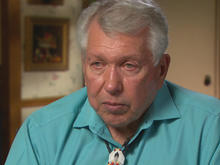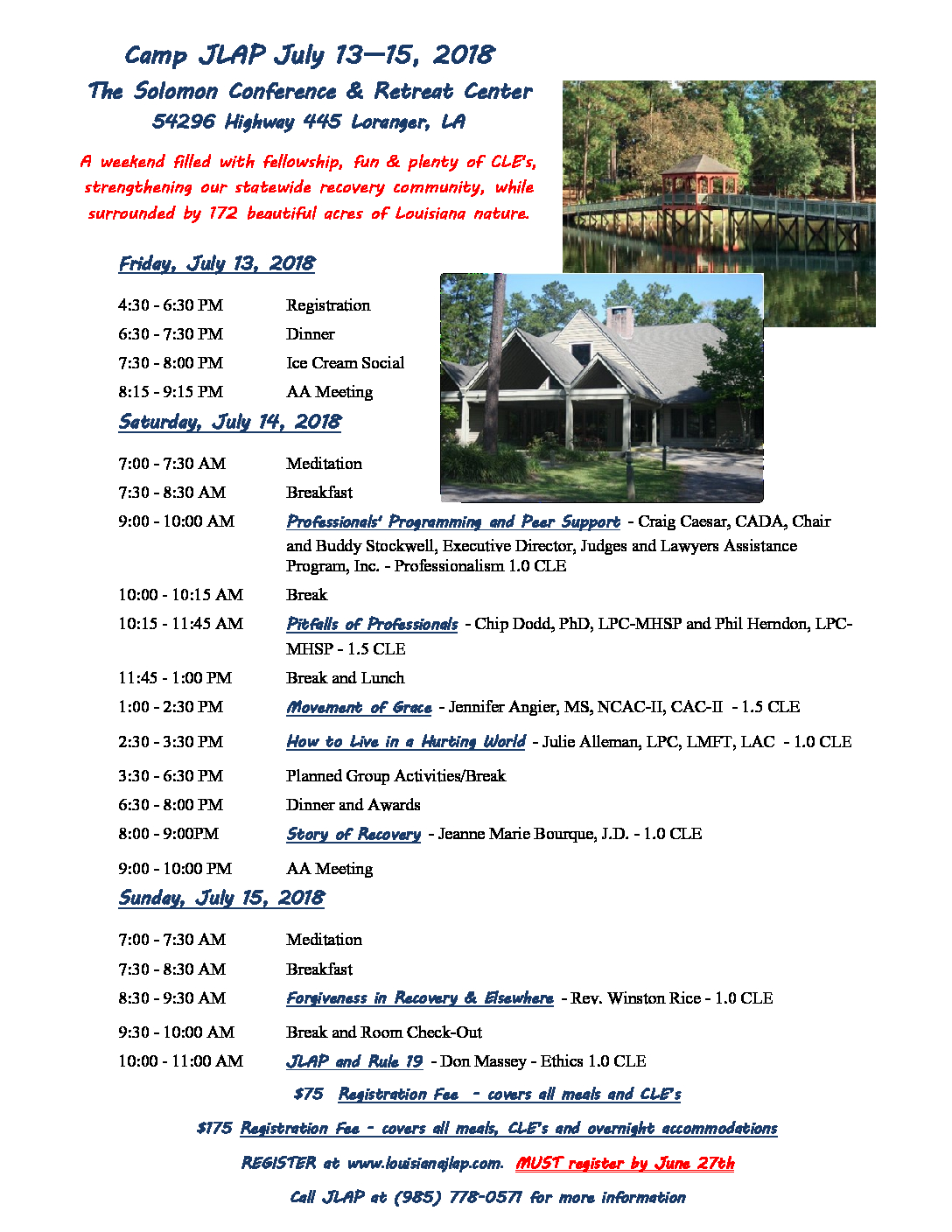Helping Lawyers with Alcoholism and Addiction
from Positive Sobriety Institute, May 31, 2018

Long hours, a frantic pace, a competitive environment and pressure to succeed can contribute to making the job of a lawyer extremely stressful. Research shows that lawyers struggle with depression, anxiety disorders and substance use disorders such as drug and alcohol addiction at higher rates than other professions.
Despite the well-known toll that working in a high-intensity, demanding field can take, lawyers are typically unwilling to admit when they were struggling, said Buddy Stockwell, who is also a lawyer and the executive director of the Louisiana Judges and Lawyers Assistance Program (JLAP).
According to Stockwell, the stigma and fear associated with seeking help for mental health and substance use issues are especially problematic for lawyers.
“We are trained in law school very early on to never surrender. That’s a huge barrier to seeking help. Lawyers do not want to give up and do not want to appear incapable of handling problems themselves,” Stockwell said. “And of course, there is the tremendous fear that if anyone finds out that you have a substance abuse problem, even if it’s successfully treated, it will somehow get you fired, get you into trouble with the disciplinary board, and have your peers whispering about you around the water cooler. The fear is that somehow it may be used against you.”
To encourage lawyers struggling with alcoholism, drug addiction and mental health disorders to proactively seek help, the Louisiana Judges and Lawyers Assistance Program facilitates totally confidential assessments, referrals and ongoing support to help attorneys remain substance free. As part of the effort, Louisiana JLAP partners with select addiction treatment centers, including Positive Sobriety Institute in Chicago, that have outstanding reputations for treating professionals in safety-sensitive, high-consequence fields.
“To have a partner like Buddy Stockwell at the Louisiana Judges and Lawyers Assistance Program is really a gift,” said Positive Sobriety Institute Medical Director Dr. Dan Angres. “Because of that partnership, we’re going to see better outcomes. When you combine treatment and monitoring with the ability to collaborate over the long-term, everybody benefits, especially the patient.”






